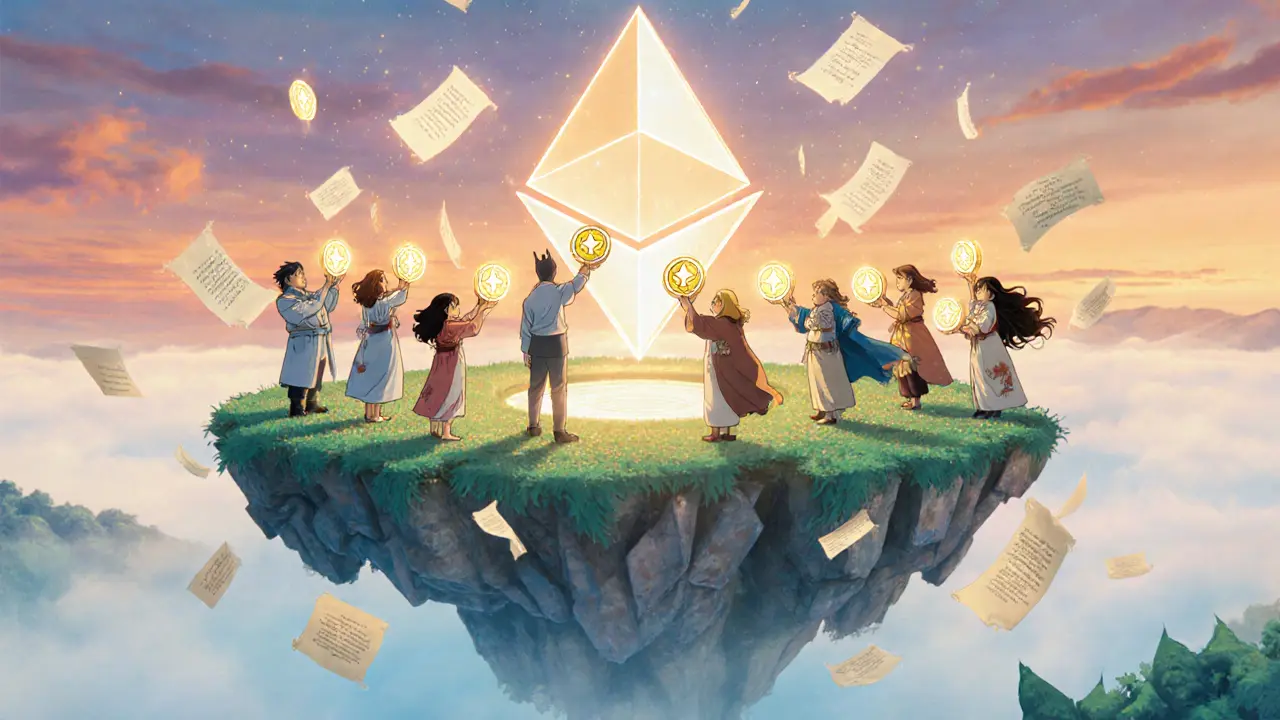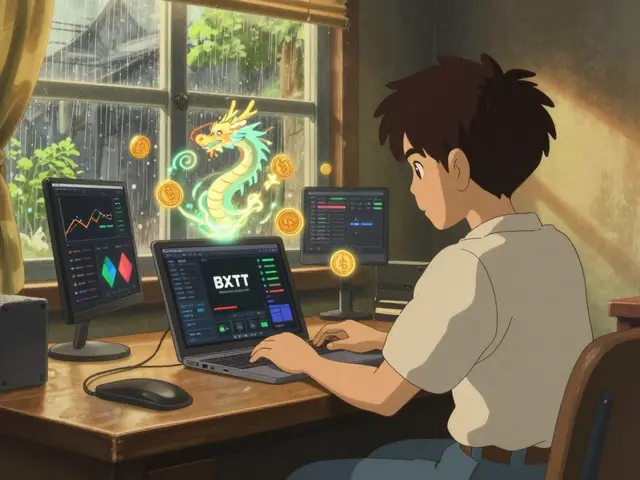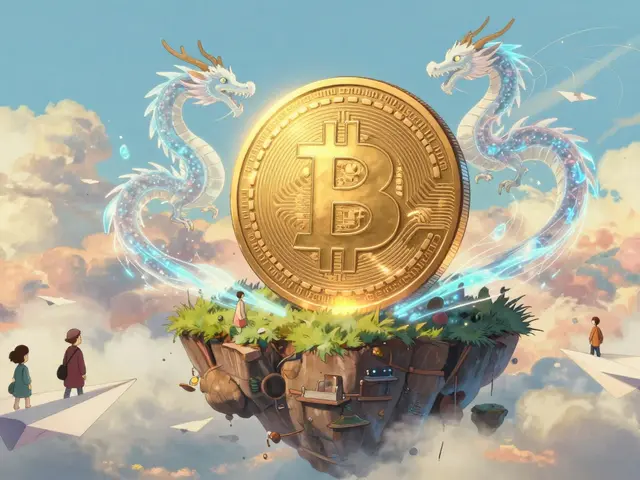Decentralized Decision-Making in Crypto: How Blockchain Communities Really Vote
When you hear decentralized decision-making, a system where users, not companies, vote on protocol changes using tokens or stakes. Also known as blockchain governance, it’s the backbone of projects that claim to be "trustless" and "community-owned." But in practice, it’s messy, uneven, and often controlled by a few big wallets. This isn’t theory—it’s what happens every time a DAO votes on a treasury spend, a new feature, or even a token swap.
Think of DAO, a digital organization run by code and token holder votes. Also known as decentralized autonomous organization, it’s the most common tool for decentralized decision-making. Projects like Uniswap or Aave let anyone with tokens propose changes and vote on them. But here’s the catch: 5% of holders often control 80% of the votes. That’s not democracy—it’s plutocracy with a blockchain logo. Meanwhile, decentralized exchange, a crypto platform where users trade directly without a central operator. Also known as DEX, it relies on decentralized decision-making to upgrade smart contracts or add new tokens. Look at Shido DEX or PancakeSwap v2—both have governance systems on paper, but if no one’s trading or voting, the system is just code sitting idle.
Real decentralized decision-making needs three things: participation, transparency, and consequences. If a proposal passes but no one follows through, it’s meaningless. If voters don’t understand the vote, they’ll skip it—and the whales win by default. That’s why some projects, like Morpheus or ExzoCoin 2.0, have governance tokens nobody uses. The system looks real, but it’s hollow. On the flip side, countries like El Salvador and Costa Rica show how real-world adoption can force decentralized systems to adapt—whether governments like it or not.
You’ll find posts here that break down exactly how this plays out: from failed DEX votes to airdrops that were really just voting traps, from Pakistan’s mining rules shaped by community pressure to Afghanistan’s crypto ban enforced by religious authority. Some systems work. Most don’t. And the ones that seem to work? They’re often just centralized in disguise. This collection isn’t about hype. It’s about what actually happens when you take power away from CEOs and give it to strangers on the internet—and why that’s harder than it sounds.
DAO Governance Token Models Explained: How Voting Power Works in Decentralized Organizations
Governance tokens let token holders vote on decisions in decentralized organizations. Learn how token-based, reputation, and hybrid models work, the risks of plutocracy, and how to start participating in DAO voting.





